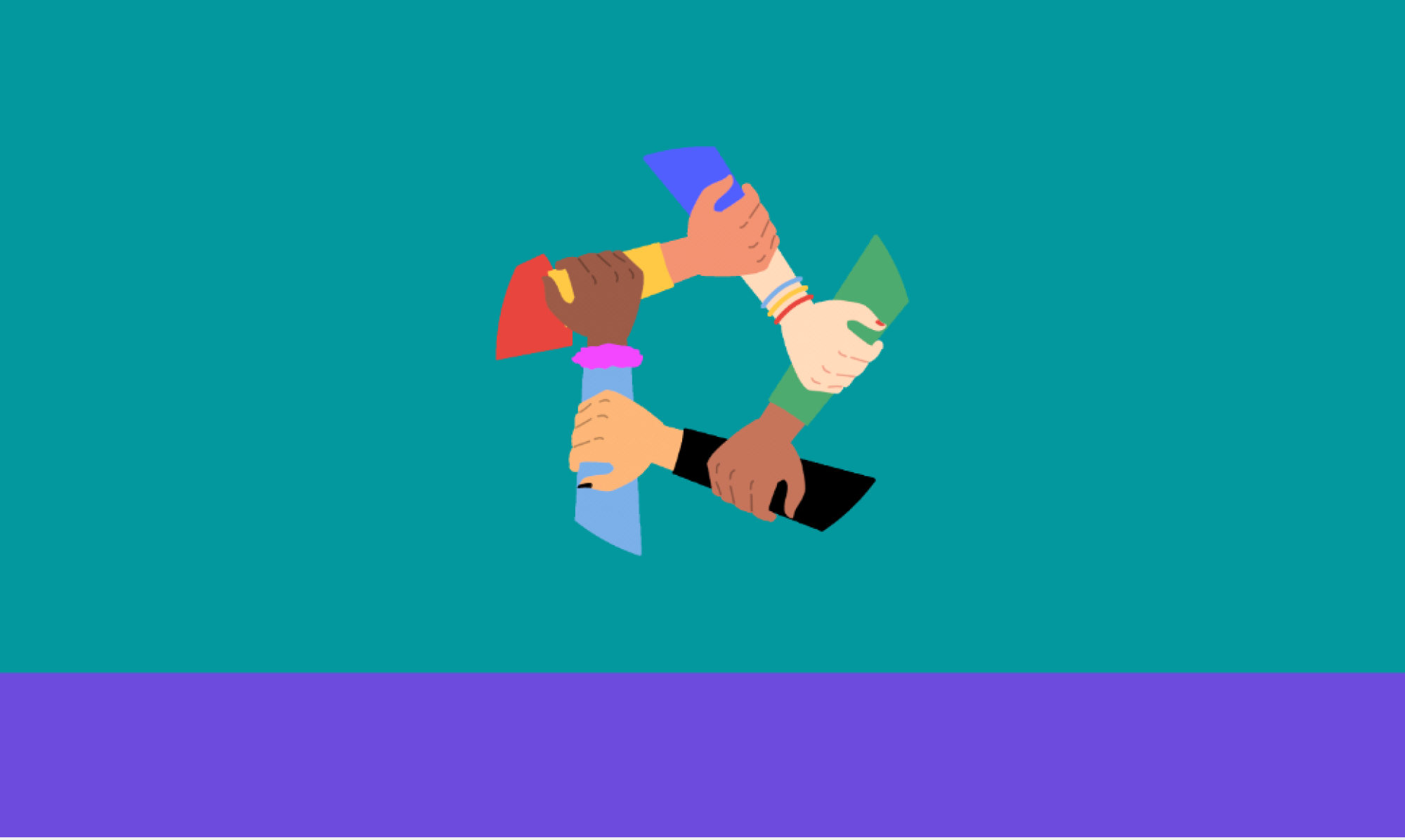I’m a second-year Occupational Therapy student from the University of Plymouth (UK) finishing my second placement. I’ve always looked forward to placements; seeing occupational therapy in action helps cement my academic learning into useful practice and is where I really start to understand what it is to be an occupational therapist.
I had normal pre-placement emotions… excitement, mixed with apprehension and nerves as I was starting a placement in completely unfamiliar territory. I had never considered working as an occupational therapist in a charity with people who are refugees or even knew there was this opportunity. But for me, the blank canvas was the perfect start to exploring a novel and exciting path of occupational therapy which has taught me the value of the profession’s core skills.
Students And Refugees Together (START)
START, a learning organisation in Plymouth, is unique in that it utilises student placements as a resource with which to facilitate the transition of refugees from people in need to self-reliant contributors in their communities. The skills and strengths of students, refugees and the community are deployed to identify individual support needs, then together a plan to achieve them is developed and implemented using a strengths approach.
Before starting the placement, I read The Strengths Approach in Practice. How It Changes Lives (Bellinger and Ford, 2022). It really was the catalyst to becoming a therapist and has shaped my future practice. The strengths approach enabled me to realise that I had started to develop these much-discussed occupational therapy core skills discovered through academic study. Through a combination of academic learning, support from peers, team members, my supervisor and working with people supported by START, the strengths approach helped me to recognise that I can continue to develop these skills by utilising them in practice to enable others to realise their own strengths. I thrived on the mutual benefit for students and refugees; it’s an altruistic experience where I feel I have learned and recognised my own valuable skills whilst helping others achieve the same. START is an area of practice where occupational therapy is subtle and role-emerging.
“Learning to sit on my hands”
I come from a teaching background and my personality has always been that of someone who likes to help. However, this placement has taught me to understand more about the importance of client-centred practice and the value of choice. Learning to help people to see and develop their own strengths, self-esteem and confidence to make their own choices is a skill. It’s not only having patience but also understanding the subtle art that is being a therapist rather than a teacher.
Learning not to rush in and “go go go” is certainly a skill I have learned to value but may well take time to master. When meeting one individual for the first time, my mind was racing … I could do this… we could do that… this would be good for them…. This is where the setting of START and the introduction to the strengths approach began. Learning to … stop… and listen, allowed me to understand the importance of taking the time to get to know the person. Actively listening, not making assumptions, and valuing their perceived challenges and barriers to occupation helped me develop a positive therapeutic relationship with them.
“Making a house a home”
This therapeutic relationship is what facilitated us in identifying the person’s strengths and potential; the outcome was the development of hope and desire to live rather than survive.
I worked with one individual who had been occupying local housing but there was little evidence of them living there. There was a notable lack of personality and individuality in the house – they had not claimed it as their home. This became one of our main topics of conversation, where it was identified that they felt lonely, isolated and anxious when at the house. We spent time discussing their homes from childhood, and younger adulthood and their memories; we considered how we might recreate some of those pleasant memories within the home.
Simple interventions, such as planning for the future, identifying goals and aspirations, and putting up family pictures became stepping stones to making positive changes. By the end of my placement, the person was engaging in medical care that for many years had been neglected due to a lack of self-worth. It was a joy to see them starting to transform the house into their home.
The domino effect

In a short placement (9 weeks) I wasn’t going to see most of the outcomes I worked hard to put in place, but I learned to enjoy being part of the process and feeling that my work helped people move forward positively. The work I did as a student at START reminded me of a trail of dominoes, facilitating little steps, breaking down large tasks into smaller, more manageable goals. I learned to appreciate that subtle interventions are valuable, often catalysts for larger positive changes. Little changes can help people become more confident in their strengths and start to hope (the larger outcome) leading to further positive change in the future.
Learning to love reflective practice
This is something I never thought I would experience. But the value of having a supervisor who leads you into reflective practice without it being an effort is truly valuable. Much of my newfound confidence in critical thinking comes from the opportunity to share my experiences at START with my supervisors and peers through reflective practice.
“From START to finish”
All in all, I feel this placement has helped me develop a deeper understanding of the value of occupation and client-centred practice. I learned new skills, and improved others, and I feel more confident about my identity as an occupational therapist.
Essentially, I learned to value what people can do (including myself) through the strengths approach, rather than focusing purely on what they cannot. It’s fuelled my passion for occupational therapy practice and has highlighted how it can be valued in a variety of settings.

Written by Jade Badge, MOccTh (Hons) Occupational Therapy Student, University of Plymouth
Recommended resource:
This book advocates for the strengths approach across whole systems to release the potential of individuals, communities and their environments. The authors use a case study of their work with START, a unique non-governmental organisation that combines student placements with support for refugees. START illustrates what it really means to adopt a strengths approach in practice. Chapters include the strengths approach to funding, organisational development, management and governance as well as immigration law, student learning and research, concluding with accounts by refugees themselves. Overall, the book provides grounds for optimism as well as transferable practices for challenging social injustice.


